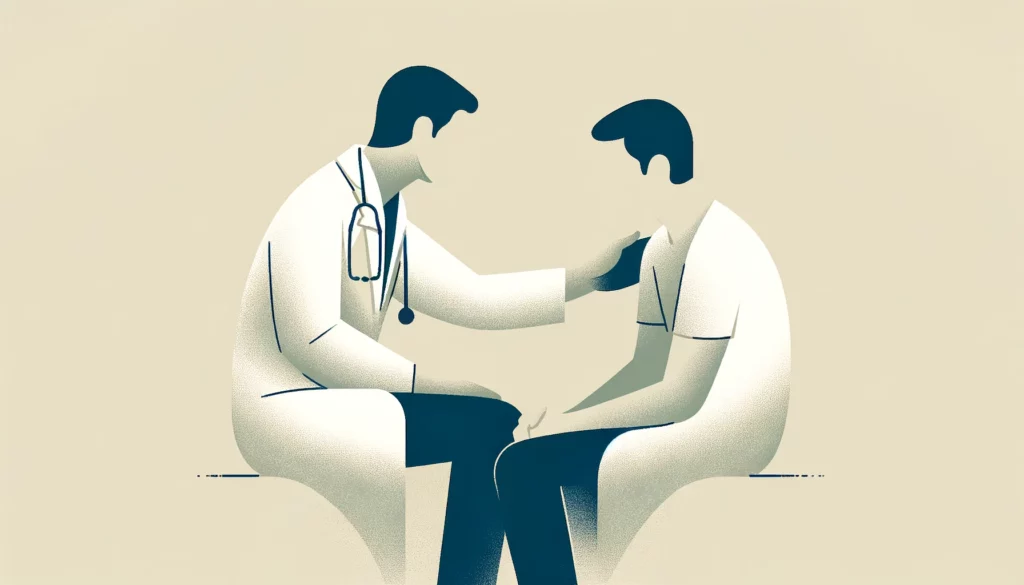Medical writing has come a long way in the past few years. With the advent of technology medical writers can now create more accurate and concise reports than ever before. This article will discuss some of the ways that technology has changed medical writing for the better.

The History Of Medical Writing
Medical writing is creating and communicating scientific information intended to support various activities in the healthcare field. It encompasses multiple products and activities, from patient education materials to clinical trial protocols.
Medical writing has roots in the medieval era when monks would copy medical texts by hand. The first known medical book was written in Latin by an Englishman named William Fitz Stephen in 1174. In 1497, the first book on surgery was published in Germany. This marked a shift from passive copying to the active component of new works.
Over time, medical writing has evolved to meet the needs of its audience. For example, in the early days of printed books, most medical works were aimed at other medical professionals. However, as literacy rates increased and the general public became more interested in health and wellbeing, more consumer-friendly books were published. This trend has continued in recent years with the rise of health blogs, online forums, and patient portals. Today, medical writers are working hard to create user-friendly content accessible to everyone.
How Technology Has Changed The Process Of Medical Writing
Medical writing has changed drastically in recent years, thanks to advances in technology. In the past, medical writers would have to rely on word of mouth or their own experience to gather information about a particular condition or treatment. This made it difficult to produce accurate and up-to-date reports.
Nowadays, medical writers have access to a wealth of online resources that they can use to research a topic. For example, numerous online databases contain peer-reviewed articles, clinical trials, and other scientific data. This makes it easier for medical writers to produce accurate and reliable reports.
In addition, technology has also made it possible for medical writers to collaborate with colleagues worldwide. In the past, medical writers would often have to work in isolation, which made it difficult to get feedback on their work. However, thanks to online collaboration tools such as Google Docs and Skype, medical writers can now easily share their work with others and receive feedback in real-time.
This has made the process of medical writing much more efficient and effective.
Benefits Of Using Technology In Medical Writing
There are many benefits of using technology in medical writing. One of the most significant benefits is that it allows for more accurate and up-to-date reports. This is because writers have access to a wealth of online resources that they can use to research a topic. Another benefit is that technology makes it easier for writers to collaborate with colleagues worldwide. This collaboration can lead to more effective and efficient reports.
Challenges Faced By Medical Writers Due To Technology
One of the challenges medical writers face is keeping up with the latest technology. With the rapid pace of medical research, new treatments and technologies are constantly developing. To write effectively about these new developments, medical writers must be able to understand and use the latest software and tools.
This can be a challenge, as the software is often complex and constantly changing. In addition, medical writers must be able to access and interpret scientific data, which is usually stored in electronic databases. As a result, medical writers need to have vital research and computer skills to be successful.
Another challenge facing medical writers is the increasing demands of clients. With the rise of the internet, patients and doctors can now access a vast amount of information about health and medicine. As a result, they have become more informed and demanding regarding medical writing. They expect precise, accurate, and concise information that is easy to understand. This can be a challenge for medical writers, who must be able to distill complex scientific data into layman’s terms. In addition, clients often have specific requirements that can be challenging to meet. For example, they may want articles of a certain length or focus on particular topics.
The Future Of Medical Writing In A Digital World
The future of medical writing is likely to be digital. With the rise of the internet, more and more people are turning to online sources for information about health and medicine. As a result, there is a growing demand for medical writers who can create content for online platforms such as websites and blogs. In addition, social media platforms such as Twitter and Facebook are becoming increasingly important in medical writing. Medical writers must be able to use these platforms to interact with clients and promote their work.
Conclusion
Overall, technology has had a positive impact on medical writing. It has made it easier for writers to produce accurate and up-to-date reports. In addition, it has made it possible for medical writers to collaborate with colleagues from around the world. However, there are also some challenges that medical writers face due to technology. For example, keeping up with the latest software and tools can be challenging. In addition, meeting the increasing demands of clients can be difficult. Despite these challenges, the future of medical writing is likely to be digital as more and more people turn to online sources for information about health and medicine.




